Revised Policing Guidelines in UK to Allow Sacramental Access
Set up in Aftermath of Murder of MP Sir David Amess
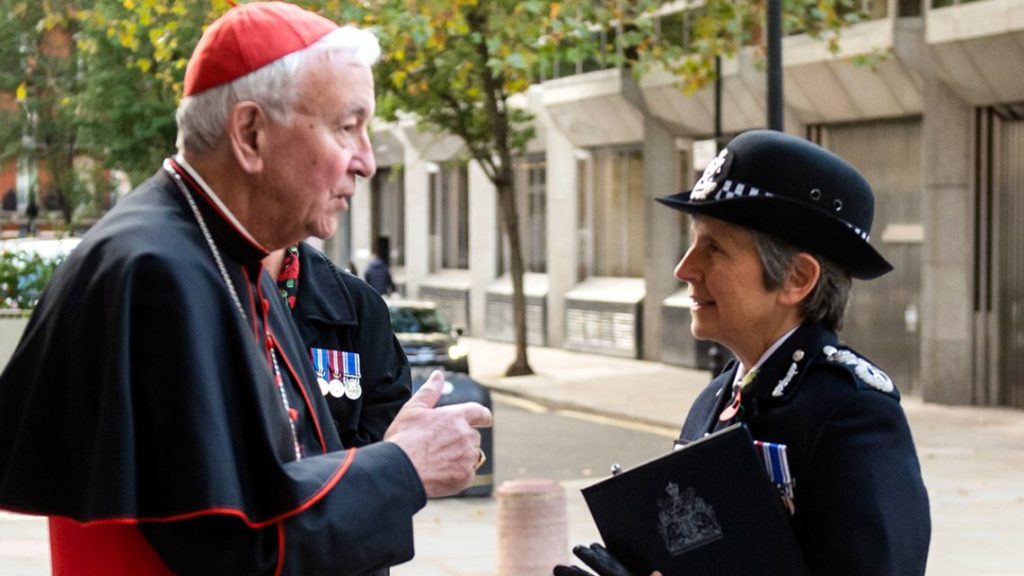
Revised national guidelines for the College of Policing will allow for sacramental access at crime scenes where operationally possible, following the conclusion of a working group set up in the aftermath of the murder of MP Sir David Amess.
His murder in October 2021 raised a number of questions concerning the appropriate response to granting access to priests or other ministers of religion to crime scenes for homicide or traumatic violence where the victim remains in situ.
Metropolitan Police Commissioner Dame Cressida Dick and Cardinal Vincent Nichols agreed to establish a joint group to consider this and whether any changes were required to police guidance.
The group, led by Archbishop John Wilson for the Catholic Church and Deputy Assistant Commissioner Metropolitan Police, considered a wide range of perspectives.
Fr Liam Bradley, a priest of the Diocese of Menevia and also Lead chaplain to Dyfed-Powys Police was also part of the working group.
Guidance
The group has developed new straightforward guidance, which has been published by the College of Policing as part of the Managing Investigations Authorised Professional Practice (APP).
The new section, entitled ‘Requests for third party access to a scene to attend a victim’ can be found at app.college.police.uk
This Authorised Professional Practice update provides advice on balancing medical and investigative priorities and requirements, with empathy for the victim, their family, and any religious needs.
Archbishop John Wilson said:
“It has been a pleasure to work collaboratively with representatives of the Metropolitan Police Service, different regional Police Services, and the College of Policing, to enable a common position to be reached and implemented.
“As needed, this facilitates access at a crime scene, to someone who has received life-threatening injuries in order that their religious needs might be met or their loved ones might give comfort.
“At a critical time, such spiritual and, or, family support can make all the difference for those for whom it is important. For Catholics, this means access by a priest who will be able to offer absolution, anointing, and prayers of accompaniment – often referred to as the Last Rites. We are very grateful for this.”
Related
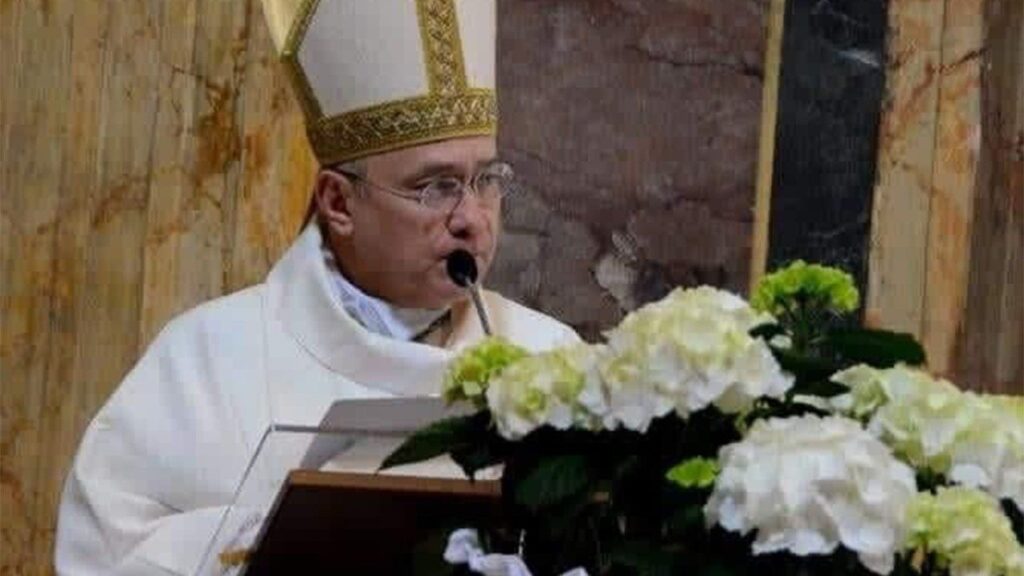
“Let us pray to the Virgin to protect the Church, the Pope, this nation and the entire world”
Exaudi Staff
15 July, 2024
5 min
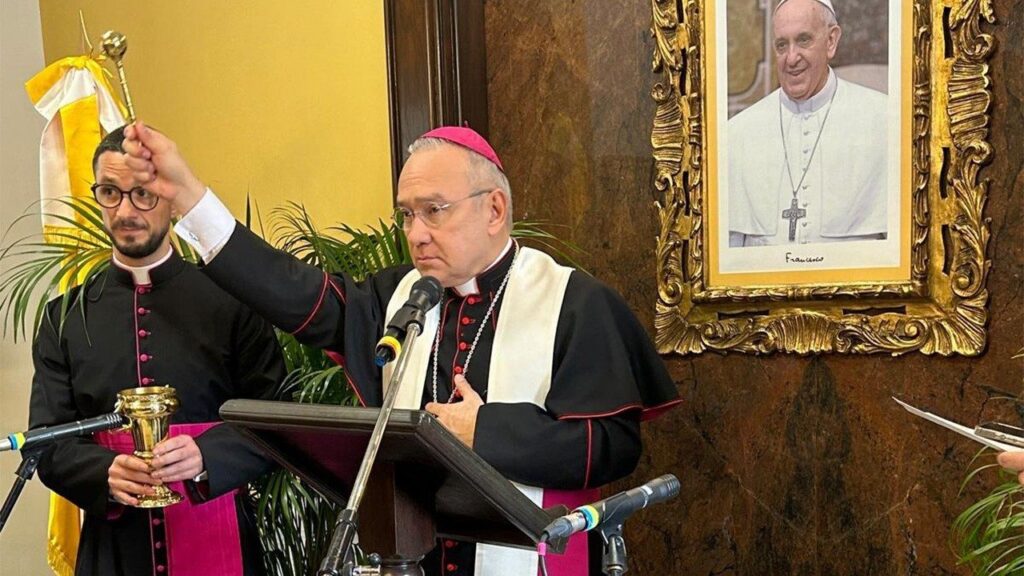
Spiritual closeness of Pope Francis on the occasion of the reopening of the Pontifical Representation in Honduras
Exaudi Staff
14 July, 2024
4 min
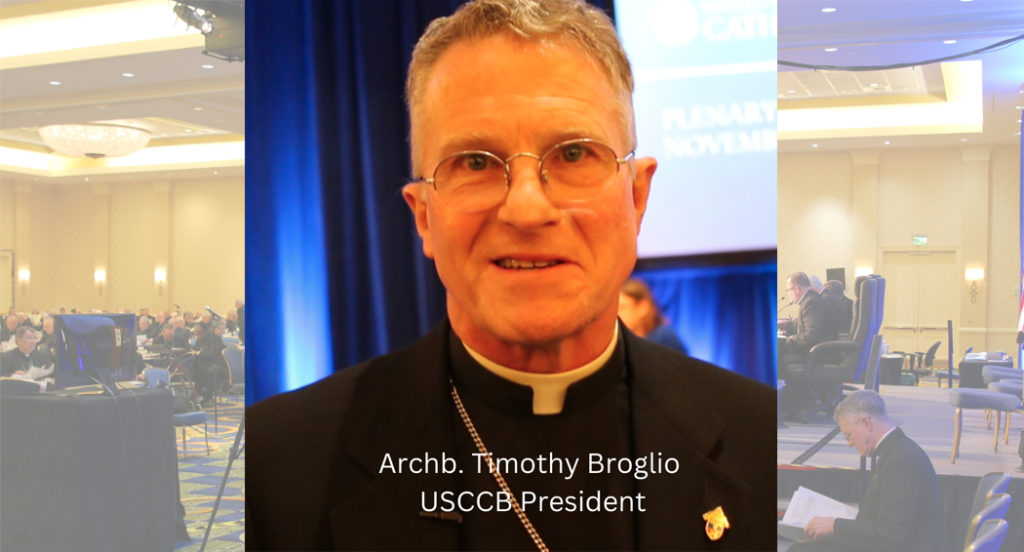
The Bishops of the United States renewed authorities: The new president is Archbishop Timothy Broglio
Enrique Soros
17 November, 2022
4 min
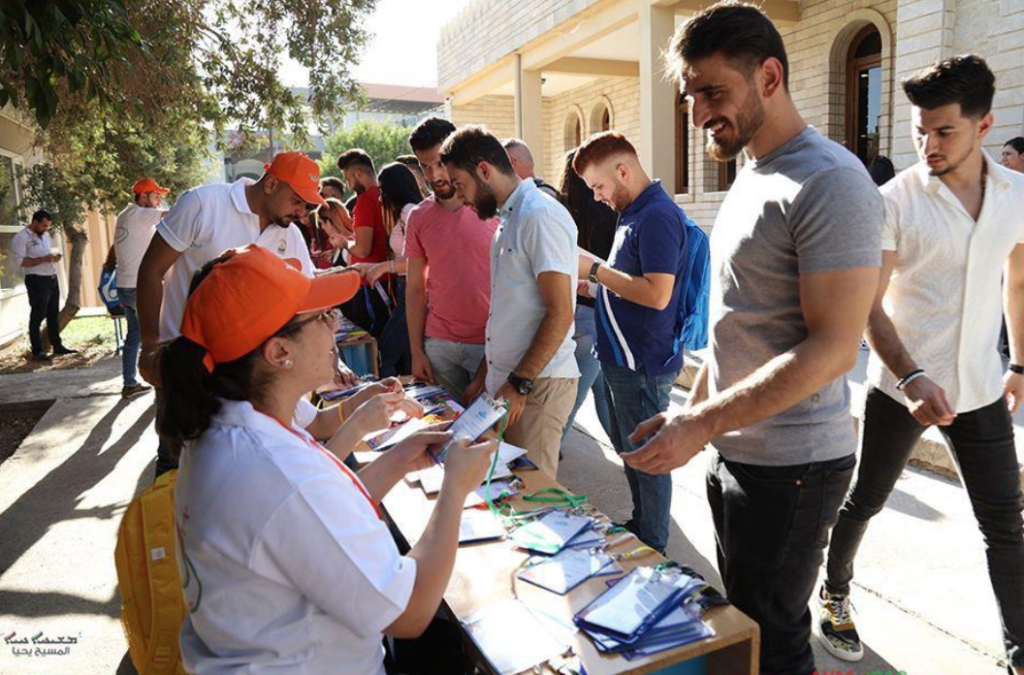
Iraq: Gathering the youth in hope
Ayuda a la Iglesia Necesitada
06 September, 2022
2 min
 (EN)
(EN)
 (ES)
(ES)
 (IT)
(IT)

